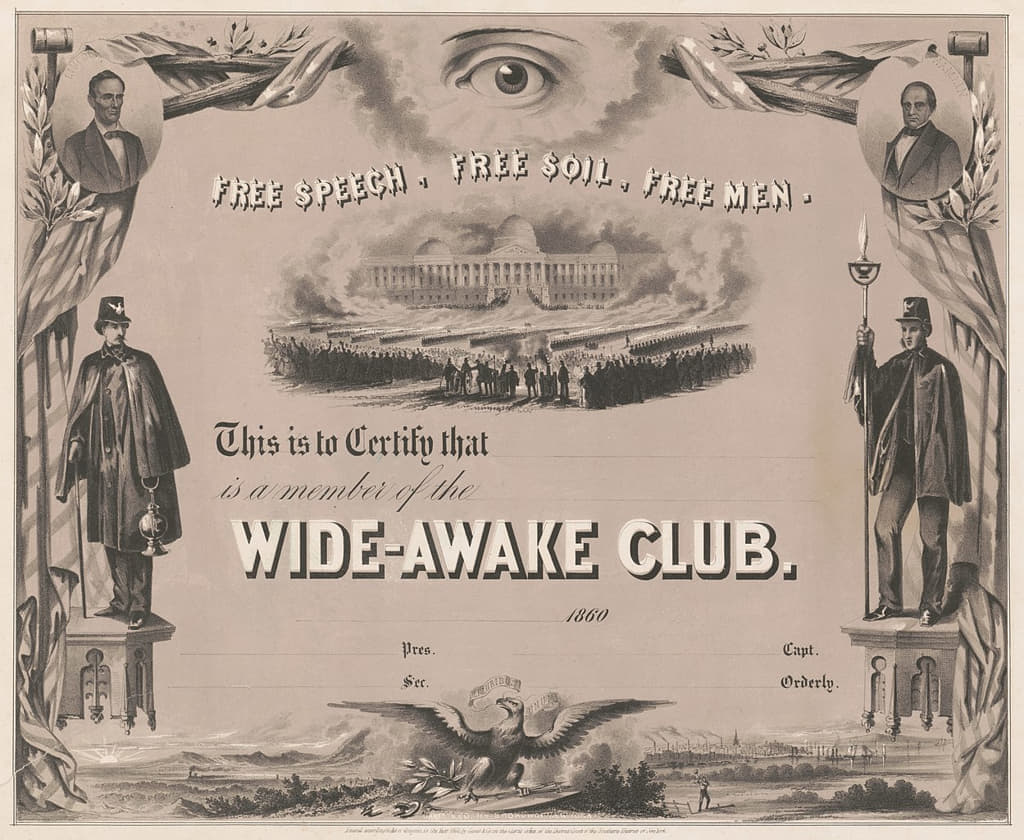Jean-François Braunstein, philosopher and professor at the Sorbonne, has written a new book on Wokeism, which seeks to describe and criticize Wokeist theories, while providing us with a remarkable and comprehensive overview. The book also contends with the fact that this post-Protestant, North American cult has entirely come to fill the vacant spiritual space of the West. This interview, with Élisabeth Geffroy, comes through the kind courtesy of La Nef.

Élisabeth Geffroy (EG): How is wokism akin to religion? More generally, what fate does it hold for rationality?
Jean-François Braunstein (J-FB): The term “woke” means “to awaken” and was first used by the Black Lives Matter movement to designate an awakening to social justice. But the term also has a strong religious dimension. The Woke are “awakened” to a new global vision of the world, very different from our own. It’s also reminiscent of the great American Protestant “awakenings” (revivals) of the 18th and 19th centuries. For the Woke, the equivalent of original sin is “white privilege;” but this is a sin for which there is no forgiveness. The idea is to radically separate the pure from the impure, condemned as “racist” or “transphobic.” In the wake of George Floyd’s death, the Woke rediscovered certain rituals of contrition, such as genuflecting or washing the feet of blacks, at large gatherings, with a strong emphasis on emotion and enthusiasm.
The Woke are bigots. They refuse to debate their opponents, whom they see as evil. During the takeover of Evergreen University in 2017, one of the students ordered one of the professors to stop arguing because “logic is racist.”” Cancel culture” wants to ban anything in Western culture that doesn’t conform to Woke beliefs. The Woke are also highly proselytizing, now targeting primary and secondary schools.

What’s even more astonishing is that this religion originated in Western universities, founded since the 19th century on the legacy of the Enlightenment: argumentation, academic freedom, rationality. Yet the Woke are resolute critics of Enlightenment values, such as universalism and reason, as well as individual autonomy.
EG: Could you explain to us how the world that the Woke build and want to inhabit is in fact an imaginary one, and their thinking a magical one that dismisses reality?
J-FB: Gender theory posits that what distinguishes masculine from feminine is not the body, but our awareness of being male, female or whatever. This idea that the body is inessential is reminiscent of the Gnostic heresy, which explained that the body is the evil from which we must free ourselves.
Gender proponents therefore reject biology—but also the testimony of our senses, when they ask us to share the feeling of someone who believes they are of one gender or another, when they are clearly of the other. Transactivists are asking us—and asking society, by changing the sex of a person’s civil status on a simple declaration—to enter into what philosopher Kathleen Stock calls the “imaginary world” of gender.
Similarly, to preserve the idea that “felt” gender takes precedence over the body, they speak of people being “assigned” male or female at birth (AMAB or AFAB), as if the choice of gender were arbitrary and imposed. Planned Parenthood promotes this imaginary world by explaining that a man can be pregnant and that the penis is not a male sexual organ. Women are to be erased, as they are too reminiscent of the difference between the sexes.
This imaginary world of gender is all the more appealing because it is completely in line with the metaverse proposed by big tech, where you can change your gender at the click of a button. The idea that it is possible to change one’s body at will also evokes transhumanist utopias. Big tech’s commitment to these transgender and transhumanist theories compounds the threat of this imaginary world.
EG: “The problem is that we prefer to endanger the majority for the benefit of a tiny minority of convinced activists who present themselves as eternal victims,” you write. Does this sentence tell us about Wokism?
J-FB: I was referring here to the claims of a minority of transactivist activists, in particular men who “declare” themselves to be women, without having changed sex, and claim to participate in women’s sports competitions or to be held in women’s prisons. The result is that women’s sport will be entirely dominated by these trans men, and women prisoners will be abused by these same trans men.
More broadly speaking, it goes without saying that presenting oneself as a “victim,” even if it’s just an unverifiable “feeling,” is a formidable weapon. All it takes is one “victim” to declare himself shocked, and whole swathes of Western culture are annulled. Censorship, and above all self-censorship, is the rule in universities, in the media and in big tech, where the Woke reign supreme. These militant minorities, organized and determined, easily take control of universities, or associations and unions.
EG: You speak of a “deliberate enterprise to destroy science” by the Woke. Could you elaborate on this?
J-FB: These attacks on science have their origins in gender theory, which denounces biology for establishing that there are only two sexes in the human species. This denunciation of “virilist biology” evokes the Stalinist period when Lyssenko opposed “bourgeois science” and “proletarian science.” But mathematics is also accused of being “virilist” and “racist” because mathematicians are predominantly white men, or “colonialist” because calculus is said to have been used to count slaves on slave ships.
Since science was born in the West, it should now be replaced by “indigenous knowledge.” This is what is happening in woke New Zealand, where traditional Maori myths are taught in the same classes as Western science.
The Woke have also invented a new epistemology which explains that all knowledge is “situated”: science is always made from a certain “point of view”—that of the dominant, white Western males. There is no such thing as objective knowledge. For the Woke, it is now necessary to take the point of view of the “dominated.” Truth no longer exists—we mustn’t seek “truer knowledge,” but always take the “point of view of the dominated.” This assertion that truth does not exist is, of course, contradictory, since it presents itself as true.
EG: You link part of Wokism’s success to a younger, more psychologically fragile generation that is “offended” by everything. Could you explain this link?
J-FB: A number of sociologists have noted that generations Y (born after 1980) and Z (born after 2000) are particularly fragile because they have been brought up away from any risk by “helicopter parents” who watch over their children from a distance to avoid any upset. For these “pampered” generations, American universities have invented “trigger warnings” when studying destabilizing subjects, whether it’s the Holocaust with Primo Levi, rape in Ovid or alcoholism with Scott Fitzgerald. This overprotection increases the psychological fragility of these generations.
EG: In the course of your analysis, you repeatedly give pride of place to notions of common sense and ordinary decency, and you place great hopes in the resistance of the working classes and “real-world workers” to the wacky ravings of the intellectual classes. Could you explain why?
J-FB: “Ordinary people” are in the best position to oppose the wacky Woke. We see this in the United States, where a majority of parents no longer accept that their children are being taught, from primary school onwards, that they can choose their gender, or that they are necessarily racist if they are white and victims of racism if they are black. Those who have been called “real-world workers” since Covid are well aware that bodies exist. They don’t live in the virtual world of connected “intellectual” elites. Nor do Blacks and Latinos accept that their children be taught that they will necessarily be victims, any more than Whites accept that their children should be taught that they are “systemically” racist. A real “culture war” has begun on these issues, and will no doubt be at the heart of the next American presidential election.
Featured: A membership certificate for the “Wide-Awake Club,” a Republican marching club formed in February or March 1860.
